Facebook has ‘pulled the big guns out on Australia’ with news ban, former CEO Stephen Scheeler says
A former Facebook CEO says the Australian news ban represents an act of war and is a move Mark Zuckerberg may regret.
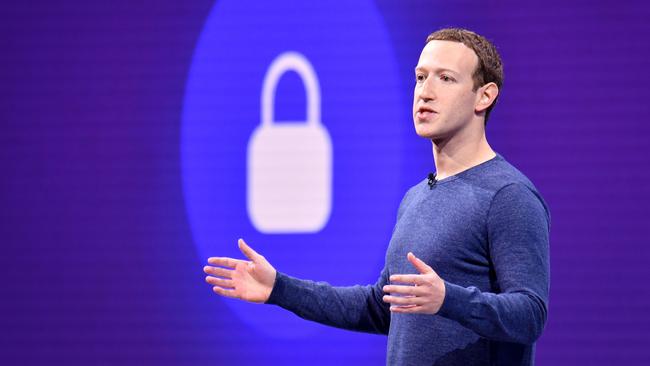
Facebook’s move to block news in Australia represents an act of war from the tech giant, according to its former Australian boss Stephen Scheeler, who thinks Australians should vote with their feet and delete the app to send a message to the company.
The US tech giant on Thursday blocked all news in Australia, including several non-news organisations including Queensland Health, 1800 Respect, the Bureau of Meteorology, Harvey Norman and more, in the midst of a global health pandemic and raging bushfires.
“Facebook has turned off everything, including bushfire information, and charities like Oxfam. It looks and feels really ugly. And Australians should be outraged,” Mr Scheeler said.
“Some companies get to a certain scale, where they really have a social obligation to how they operate in every country in the world. And we haven‘t been harsh enough in legislating that and forcing it upon these companies, so this is where we’ve wound up.”
Mr Scheeler, who steered Facebook from a small social network in Australia and New Zealand to a tech giant, said that there are two interpretations of how Facebook blocked non-news organisations and charities.
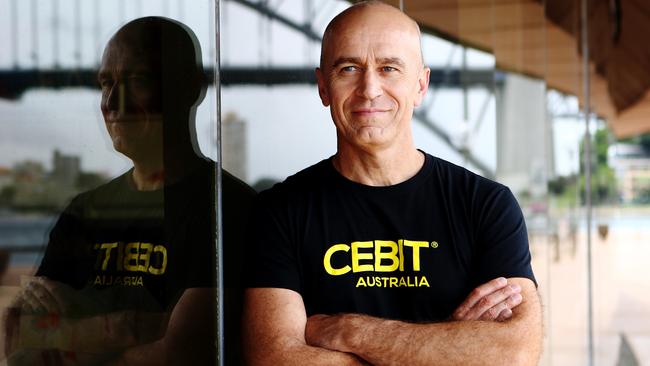
“One is it was an accident, and the other was it was intentional. But either answer is bad,” Mr Scheeler said. “And even if it is accidental, I think it‘s them saying they don’t really care. I think Australians have to look really hard at what they are doing.
“It shouldn‘t have happened. But unfortunately it did. But there’s no good answers. If you’re Rio Tinto and you blow up an Aboriginal sacred site, there are consequences, people lose their jobs. But at Facebook nobody ever loses their jobs.
“I‘m a proud ex-Facebooker, but over the years I get more and more exasperated. For Facebook and Mark it’s too much about the money, and the power, and not about the good.”
Mr Scheeler resigned from Facebook in 2017 to start his own consultancy business.
He said that for anyone who disagrees with the government‘s regulatory approach to Facebook, voters can go and vote against Scott Morrison, for example, but Facebook has become more powerful than governments.
“There‘s no ballot box where you can vote against Mark Zuckerberg. And in fact, even if you’re a Facebook shareholder, your vote carries no weight,” he said. “Even if I even if I put $100 billion into Facebook, my votes carry no weight.
“I‘m sad for Facebook in a way, but if you wanted a glaring example of why Facebook needs more regulation, this is it.”
The executive added that the move was tantamount to an ‘act of war’, and should be treated accordingly.
“What if a Chinese company in the same position had done the same thing? Even if they warned us about it or not, we would be outraged. It‘s like an act of war. That’s how we should view this. It’s not good. I think Facebook may eventually regret this day.’’
No choice other than introducing ban, Facebook says
Managing Director, Facebook Australia and New Zealand William Easton on Thursday (AEDT) announced its decision to ban both users and publishers from sharing or viewing news content, citing Australia’s proposed media bargaining code which it said “fundamentally misunderstands the relationship between our platform and publishers”.
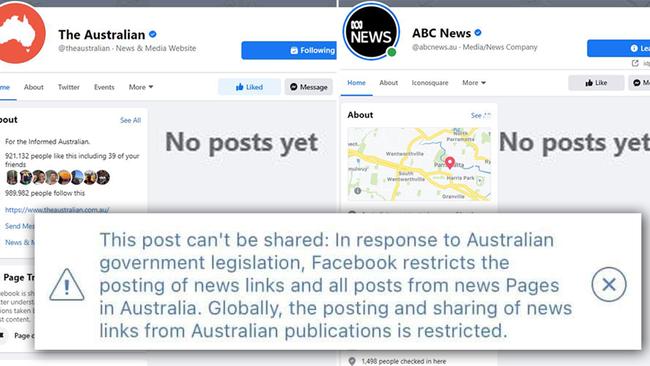
Facebook claims it was left with two options. “It has left us facing a stark choice: Attempt to comply with a law that ignores the realities of this relationship, or stop allowing news content on our services in Australia,” Mr Easton said in a statement. “With a heavy heart, we are choosing the latter.”
The decision comes after News Corp reached a historic three-year global licensing deal with Google which will see content from its publications worldwide including The Wall Street Journal and The New York Post in the US, The Times of London, The Sun and News Corp Australia publications including The Australian, Sky News and metro dailies, shared in Google News Showcase.
Government sites, information services caught up in ban
Facebook’s content ban isn’t limited to news outlets it would seem with collateral damage having an effect on several Government pages.
The Bureau of Meteorology, the Australian Capital Territory and the Department of Fire and Emergency Services WA also fell victim to the ban.
Spectators have commented on the potential harm it could cause during the middle of the pandemic as well as bushfire and flood season.
It's not just news pages... pic.twitter.com/PdhsWAfob5
— Alice Workman (@workmanalice) February 17, 2021
Move ‘damages Facebook’s credibility’
Communications Minister Paul Fletcher told Ben Fordham on 2GB that Facebook’s decision had sent a very strong message about its credibility. “The decision they’re taking seems ... that what they want to do is remove credible news sources from the platform,” he said.
“It basically says to Australians if you’re looking for credible news, Facebook isn’t the place to look for it.”
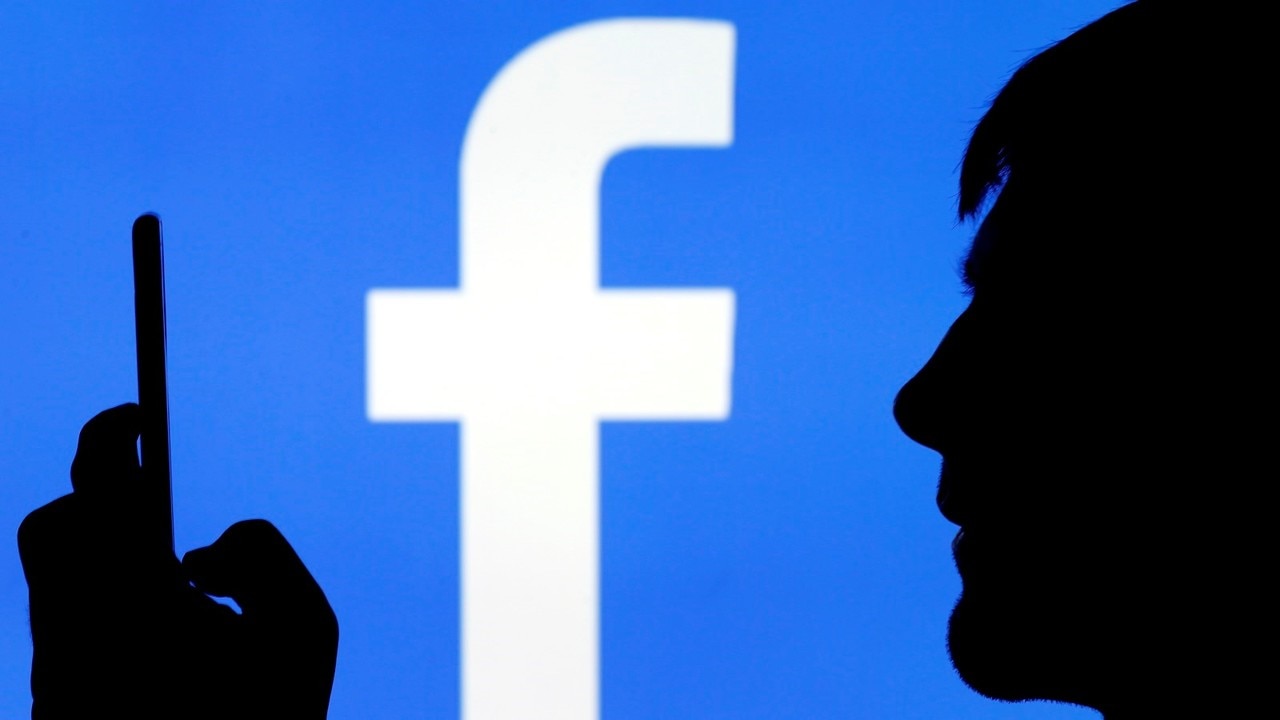
Mr Fletcher said the Australian government would continue to engage with Facebook.
The proposed legislation, which passed in the House of Representatives last night, aims to force tech giants to negotiate with media companies and compensate them for publishing their content.
Treasurer Josh Frydenberg spoke to Facebook chief executive Mark Zuckerberg on Thursday and says a pathway with Facebook remains open. “We agreed to continue our conversation to try to find a pathway forward,” he said.
Mr Fletcher and Mr Frydenberg are expected to hold a press conference later in the day.
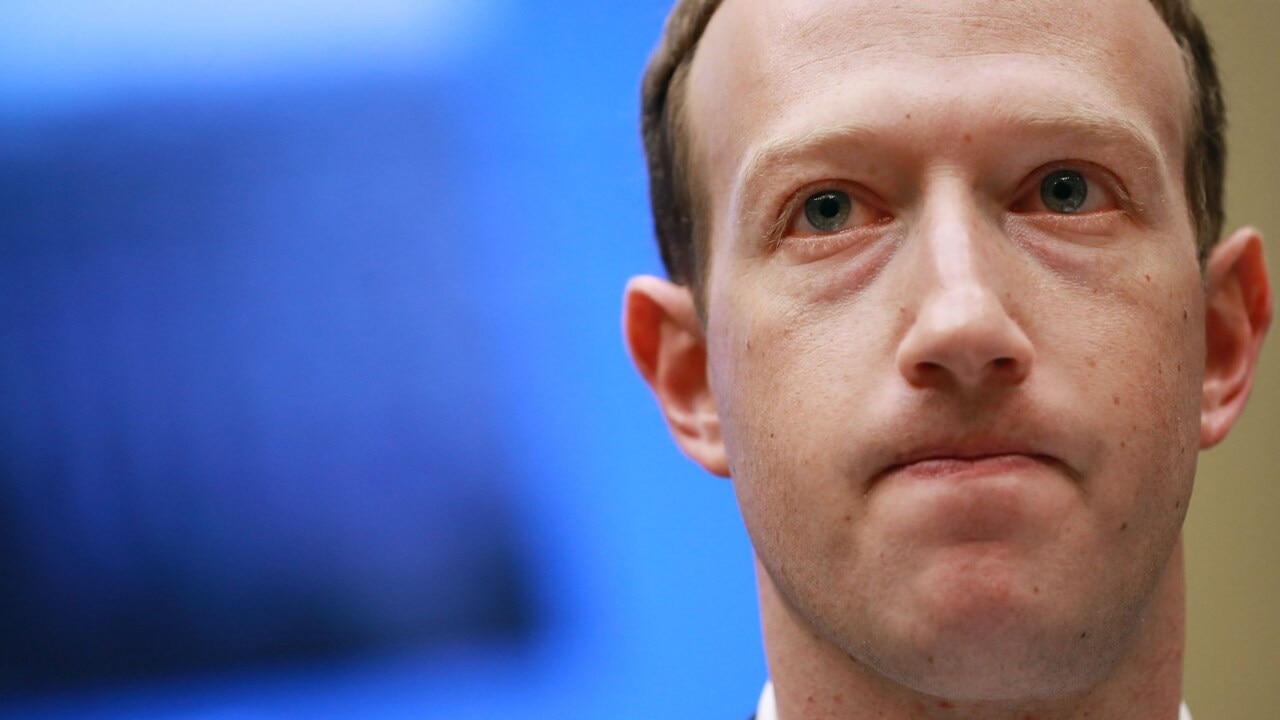
Matt Canavan says Facebook is clearly trying to bully Australians. “Clearly Facebook is trying to bully the Australian parliament into approving laws only it approves of,” he told Sky.
“There’s no way the Australian parliament should be bullied or pushed around by a multinational company. If Facebook is going to treat Australians like this, to bully or threaten us, go to other sources,” he said.
The social media giant claims it had tried to work with the Australian government to come to a fair solution, but the new “legislation does not do that”.
“Over the last three years we’ve worked with the Australian Government to find a solution that recognises the realities of how our services work,” it said.
“We’ve long worked toward rules that would encourage innovation and collaboration between digital platforms and news organisations.
“Instead (the new code) seeks to penalise Facebook for content it didn’t take or ask for.”
Facebook said it had generated 5.1 billion referrals to Australian news publishers which it claims are worth an estimated $407 million.
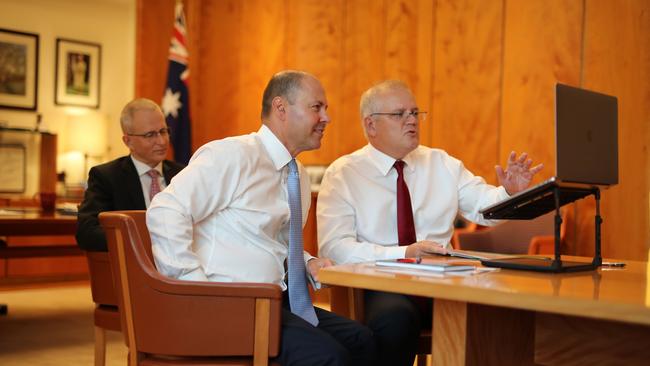
“Journalism is important to a democratic society, which is why we build dedicated, free tools to support news organisations around the world in innovating their content for online audiences,” it said.
Facebook claimed it had little business gain from news content which, it said, made up less than four per cent of content in users’ news feeds.
Journalists in the US reported seeing blank Facebook pages from Australian media publishers at about 7am on Thursday.
Yup. They're all gone. Every single post that has previously been published by major news outlets in Australia have completely disappeared (@abcnews, @SBSNews, @7NewsAustralia, @9NewsAUS, @australian, @smh etc) pic.twitter.com/Kt0Sv1qQMj
— Bianca Britton (@biancabritton) February 17, 2021
It seems satire news sites weren’t spared from Facebook’s decision with The Betoota Advocate, The Chaser and The Shovel all falling victim to the ban.
The Betoota Advocate, The Chaser and The Shovel are all gone too pic.twitter.com/5cPUijYFeI
— casey briggs (@CaseyBriggs) February 17, 2021
However at the same time in Australia, some news content was still available on Facebook pages.
Facebook’s move contrasted with Google, which in recent days has brokered deals with media groups including News Corp, Nine and Seven West Media, in response to the regulatory push.
Facebook’s manager for Australia and New Zealand, William Easton said Facebook has argued to Australian officials that “the value exchange between Facebook and publishers runs in favour of the publishers,” and generates hundreds of millions of dollars of revenue for the media organisations.
“We’ve long worked toward rules that would encourage innovation and collaboration between digital platforms and news organisations,” Mr Easton said.
“Unfortunately this legislation does not do that. Instead it seeks to penalise Facebook for content it didn’t take or ask for.”



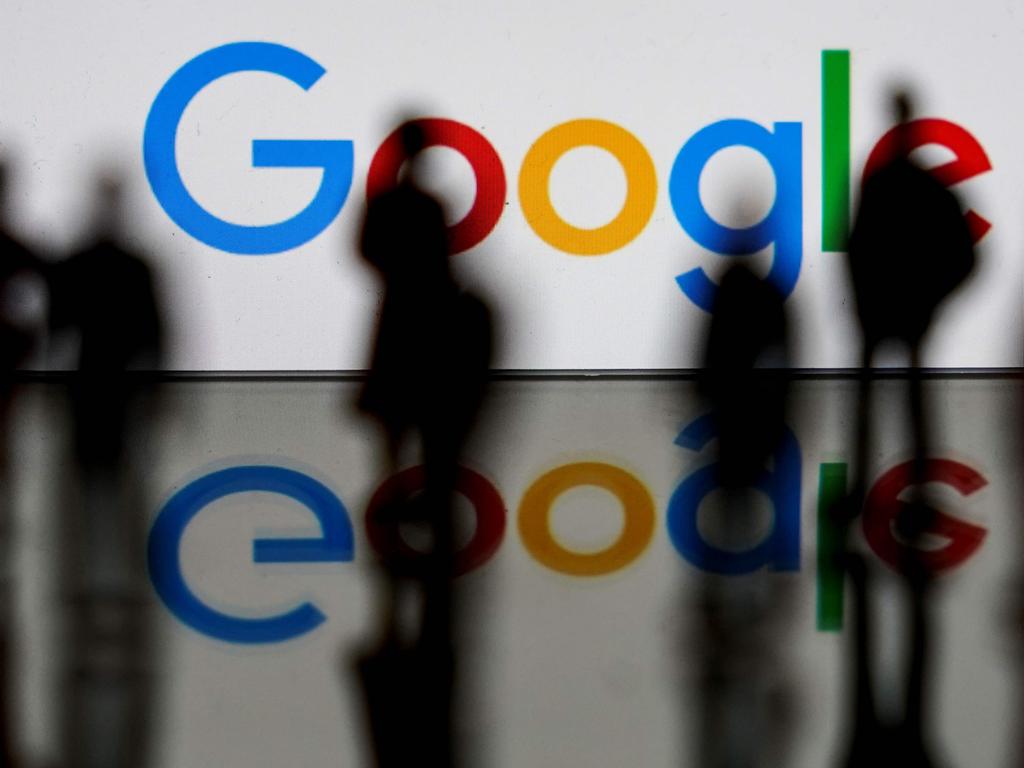



To join the conversation, please log in. Don't have an account? Register
Join the conversation, you are commenting as Logout